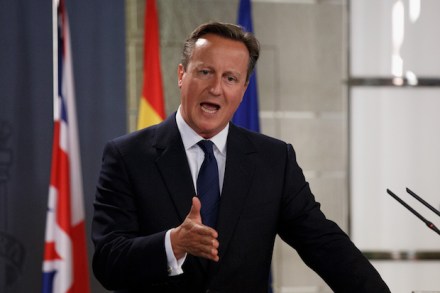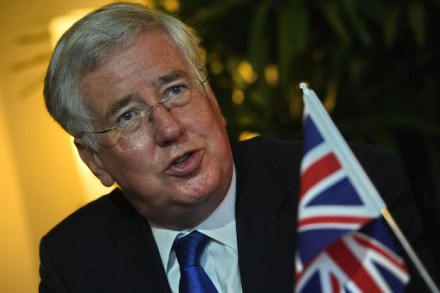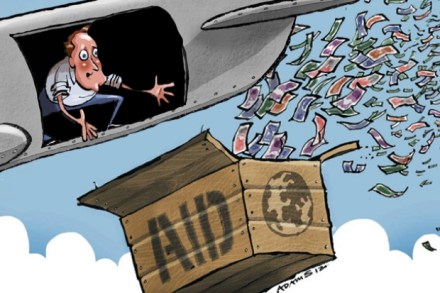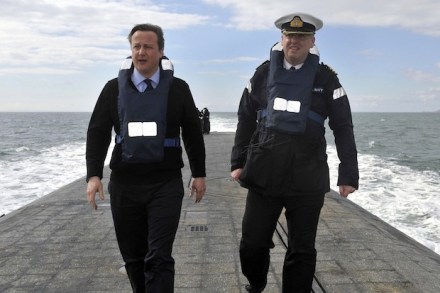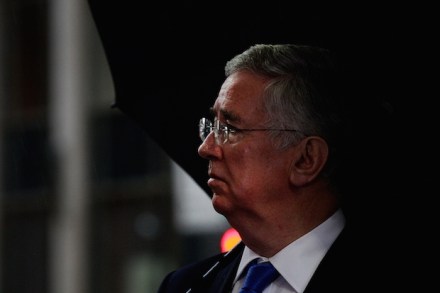Cameron to make his case for war to the Commons next week
David Cameron will set out his case for air strikes against IS in Syria to the Commons late next week. Cameron is, as I say in my Sun column today, immensely frustrated by the current British position of only bombing Islamic State in Iraq and not Syria. But he knows that it would be politically back breaking for him to lose another Commons vote on a matter of war and peace, so is proceeding cautiously. But last night’s UN resolution has strengthened Cameron’s hand. Even before that, 30 Labour MPs were certain to back Cameron on this issue and another 30 were highly likely to. With a UN resolution
